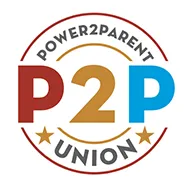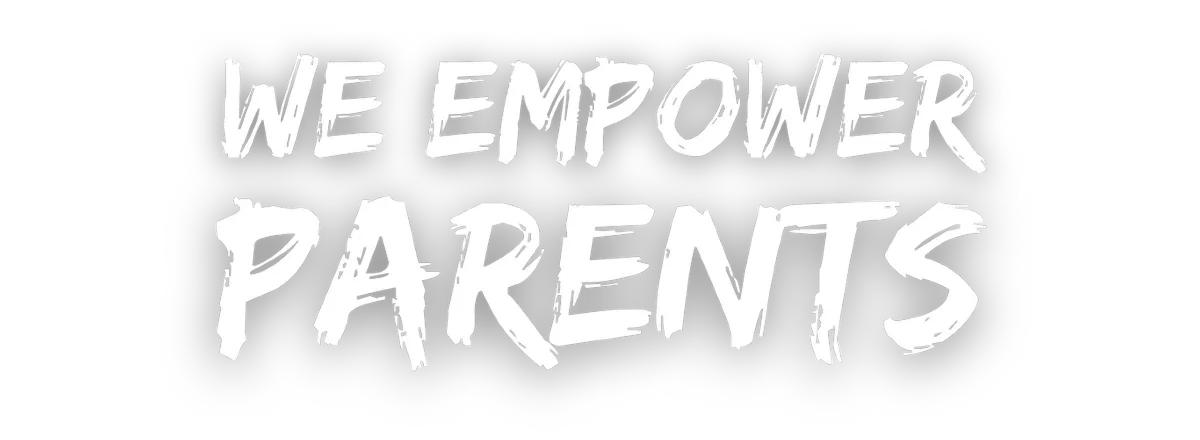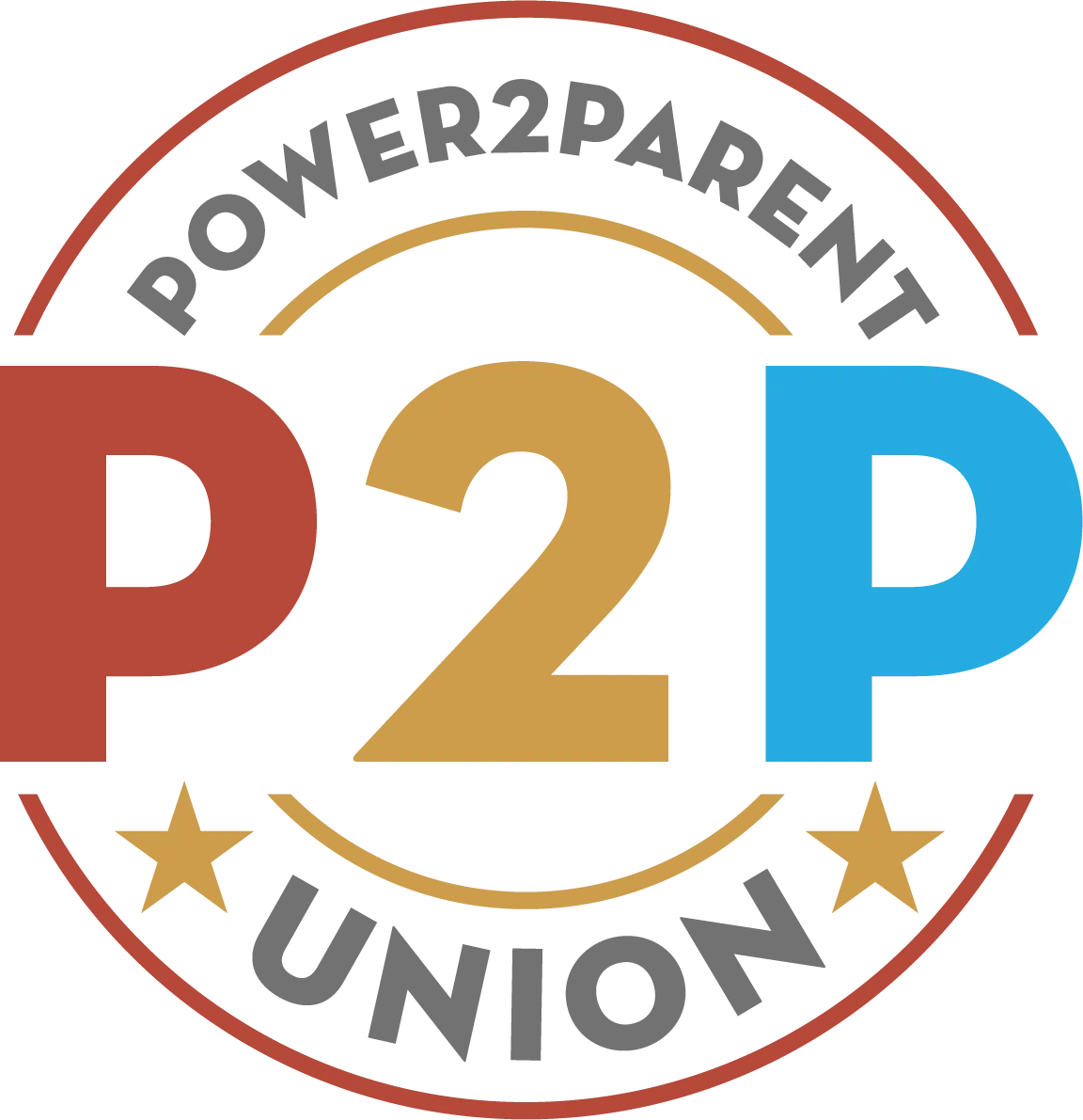
School choice breathes opportunity into communities where the public school option fails by injecting competition and challenging the status quo. Our laws should expand the freedom to choose our child’s educational experience. The option to choose which school is best suited to a student’s needs is a panacea for poverty, and increases educational opportunities for all Nevada students.
School Choice and Resources
Microschools:
Microschools expand the traditional educational model to better prepare children for the future. They are small institutions where parents personalize their child’s education. Micro-schools differ from homeschools because often the teacher may be hired or parents of children in the school teach the material. This is why micro-schools are often described as “outsourced homeschooling.” They are free from standardized testing, and mandatory curriculum that defines today’s public school system. For more information National Microschooling Center
Homeschool:
Homeschool is parent-directed education. Some families choose homeschool co-ops for field trips or education related activities a few times per week Nevada Homeschool Resources
Charter School:
Charter schools are generally run by a non-profit organization and regulated by the Charter Authority. Magnet Schools are managed by the public school system and are still considered public schools but have a focus or emphasis that traditional public schools may not offer.
Private School:
Tuition-based education that can be religious or secular. Parents often have more influence over events and curriculum because they are funding their child’s education.Public School:A school that is maintained at public expense for the education of the children of a community or district and that constitutes a part of a system of free public education commonly including primary and secondary schools.
Benefits of school choice
Reduces racial segregation
These studies examine the effect of school voucher programs on racial and ethnic diversity in public and private schools.
Total Number of Studies
Any Positive Effect
No Visible Effect
Any Negative Effect
11
6
5
0
Increases outcomes for public school student
Public schools that face greater competitive pressure—more expansive private school choice programs—may be systematically different than public schools that face lesser competitive pressures— more limited private school choice programs
Total Number of Studies
Any Positive Effect
No Visible Effect
Any Negative Effect
28
25
1
2
Parent Satisfaction
Studies in this section use surveys of parents to learn whether they are more satisfied with their children’s schools after using such programs.
Total Number of Studies
Any Positive Effect
No Visible Effect
Any Negative Effect
32
30
1
2
DOES MORE WITH LESS
The vast majority of studies finds ESA, voucher and tax-credit scholarship programs save money.
Total Number of Studies
Any Positive Effect
No Visible Effect
Any Negative Effect
73
68
4
5
Recent News

Parents Need to Know: School Choice…

By Ashlyn Hauber, Power2Parent
During the 2024 election cycle, “hot-button topics” have resurfaced, sparking waves of debate and legislation. One such topic is education. The latest report from the National Center for Education Statistics showed record-low proficiency in both math and reading. Peggy Carr, commissioner of the National Center for Educational Statistics (NCES) explained that ““The mathematics score for the lowest-performing students has returned to levels last seen in the 1970s, and the reading score for our lowest-performing students was actually lower than it was the very first year these data were collected, in 1971.”
Some, including U.S. Education Secretary Miguel Cardona, believe the scores reflect the education impact of the 2020 pandemic. Many schools were closed for over a year, which doubtlessly disrupted learning. But the data shows that the pandemic is not a perfect scapegoat; the long-term trend shows a 7 point decline in reading and a 14 point decline in math since 2012.
One proposed solution is to increase funding for public schools. Under the American Rescue Plan Act (ARP) of 2021 the federal government invested $122 billion for P-12 schools and an additional $8 billion for disadvantaged student populations. The ARP does not mark the first increase in monetary investment in education. NCES data shows that inflation-adjusted spending per student has risen from $7,089 to $17,013 between 1971 and 2020. Despite these exorbitant expenditures, American education continues to spiral downward.
Another, more promising solution is to increase access to private and homeschool options. Enter The Educational Choice for Children Act (ECCA). The ECCA has been introduced in the House to make high-quality education available to more low-income students. Practically speaking, it provides tax credits to individuals who donate to organizations that grant scholarships to low-income students.
Low-income students are deeply affected by the failure of the public school system because they do not have the means to attend another school if the public school for which they are zoned is failing. In 2021, the average annual tuition for private elementary and secondary education was $12,790 and the average annual tuition at a private high school was $15,344. Were the ECCA to pass, taxpayers would be highly incentivized to donate money to qualified scholarship-granting organizations, thus increasing the amount of scholarships that are made available to low-income students so that they may attend a school of their choice.
Children are the future taxpayers and leaders of this nation. The Educational Choice for Children Act serves the government’s monetary and political interest to promote diverse educational avenues for students of all income levels. Moreover, it takes steps to fulfill the responsibility of the government to give students other educational options beyond a failing public education system.

contact

Copyright 2023 Power2Parent We are a 501c3 organization. Your donations are tax deductible. For more information or questions contact us.
